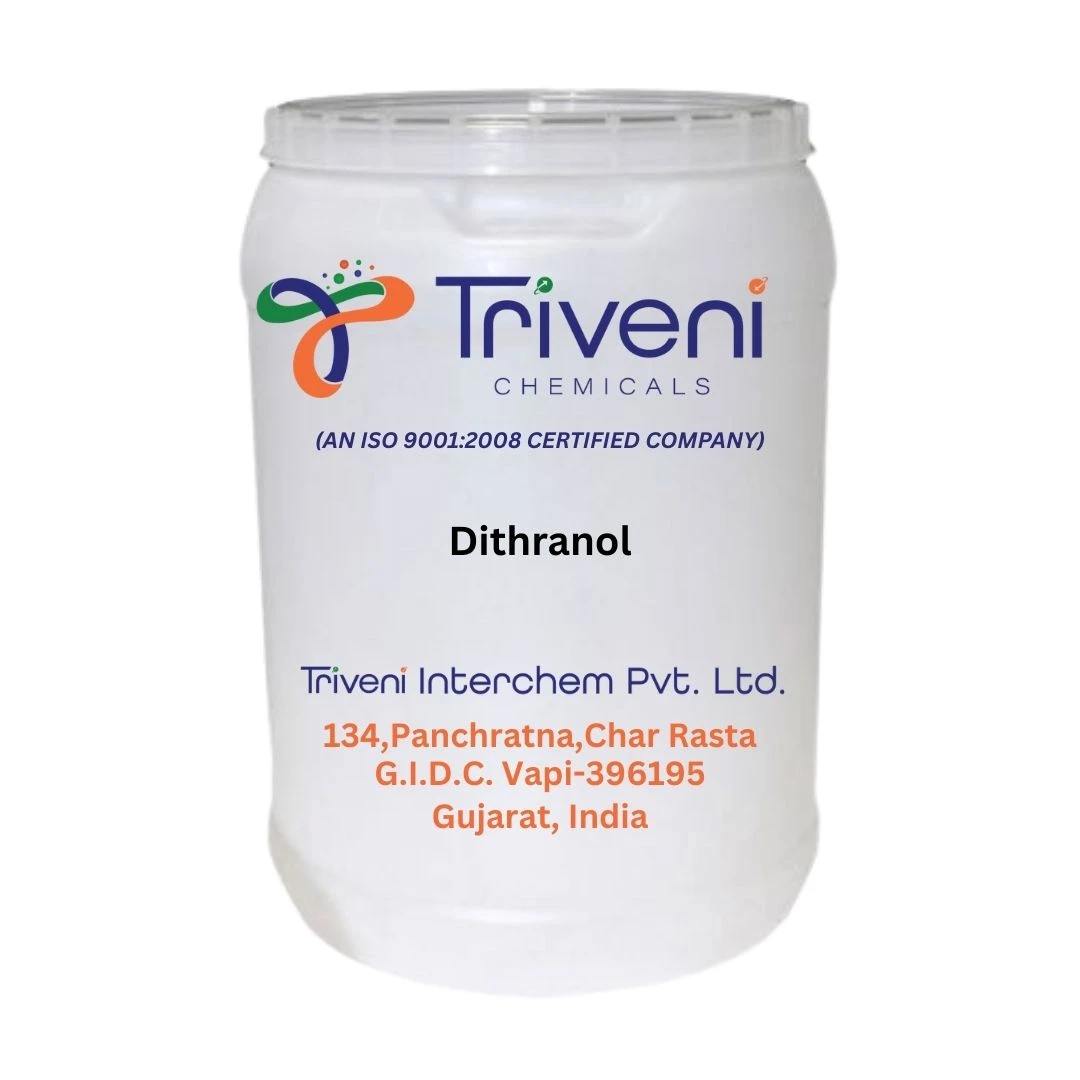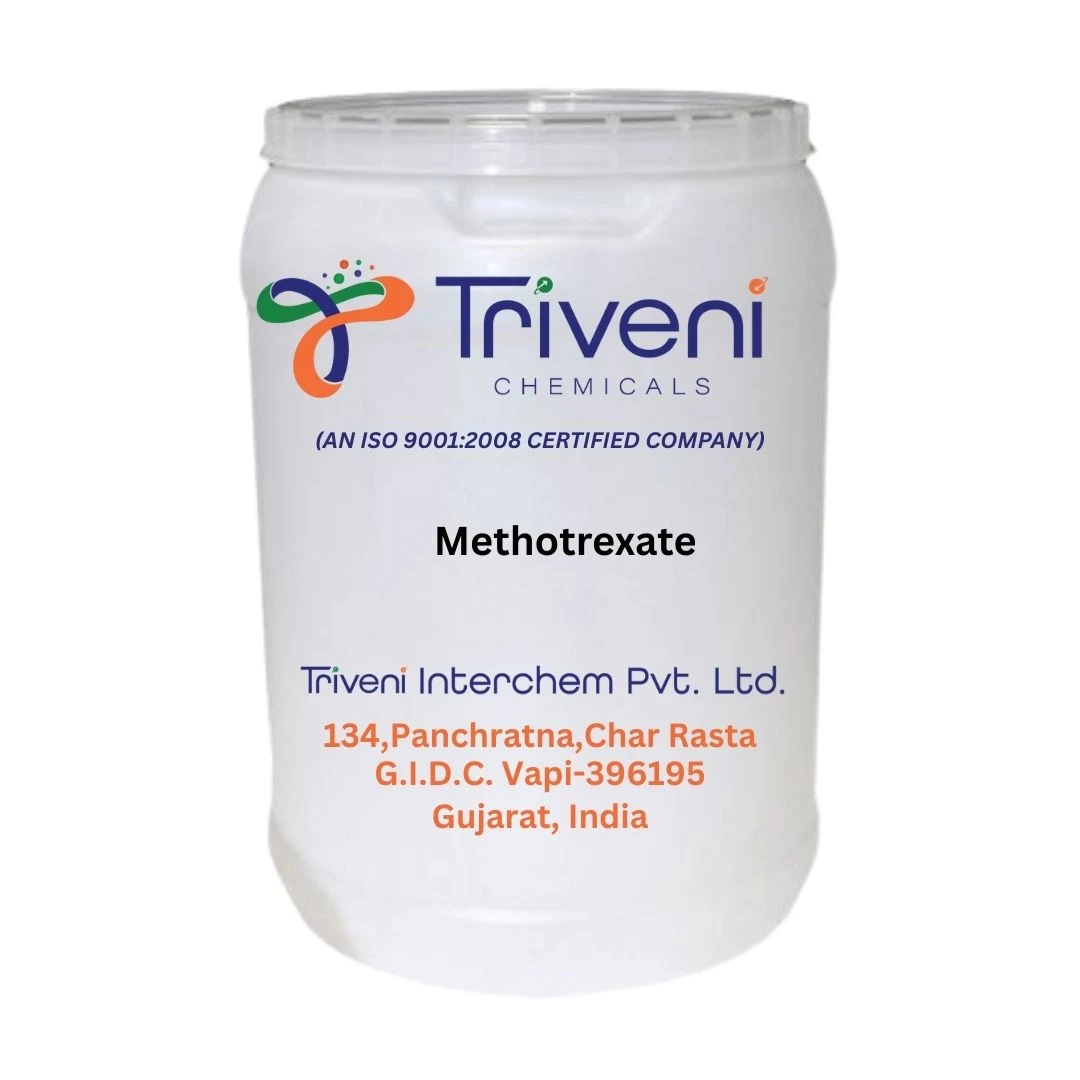Psoriasis is a long-term inflammatory disease that causes skin cells to proliferate more quickly. This leads to thick, red, scaly areas that can be painful and itchy. Over 125 million individuals worldwide suffer from the illness, which can range in intensity from small, localized patches to total body coverage. Although..
Psoriasis is a long-term inflammatory disease that causes skin cells to proliferate more quickly. This leads to thick, red, scaly areas that can be painful and itchy. Over 125 million individuals worldwide suffer from the illness, which can range in intensity from small, localized patches to total body coverage. Although psoriasis is not communicative, social distancing and psychological anguish may result from its appearance.Psoriasis Types Psoriasis comes in a variety of forms, including:The most prevalent type of psoriasis, known as plaque psoriasis, is typified by elevated, red areas that are coated in a silvery white accumulation of dead skin cells.Psoriasis with a guttate: frequently first appears as tiny, dot-like lesions in childhood or early adulthood.Red lesions in body folds, as those behind the knee, under the arm, or in the groin, are the hallmark of inverse psoriasis.Pustular psoriasis: Characterized by red skin surrounding white pustules, which are blisters of non-infectious pus.Erythrodermic psoriasis: An very severe type that can cause severe burning or itching and cover the entire body in a red, peeling rash.Reasons and Initiators Although the precise etiology of psoriasis is unknown, immune system issues with T cells and other white blood cells in the body, known as neutrophils, are thought to be connected to the condition. Stress, cuts on the skin, certain drugs, illnesses, and outside circumstances are examples of triggers. The fact that psoriasis typically runs in families means that genetic factors also play a big part.Signs and symptoms Itching, burning, pain, swollen or stiff joints, and red areas of skin covered in thick, silvery scales are common symptoms. Dry or cracked skin that may bleed is another. Individual differences can lead to large variations in severity.Handling Although psoriasis cannot be cured, there are therapies that can help manage symptoms. These consist of topical medications such as phototherapy, vitamin D analogs, and corticosteroids. In more severe situations, systemic therapies such biologics and oral drugs are used. Adjusting one's lifestyle to include things like stopping smoking, moisturizing frequently, and controlling stress can also help control symptoms.Effects on Living The quality of life can be greatly impacted by psoriasis, which can lead to emotional distress and exacerbate illnesses like anxiety and depression. Thus, enhancing patient outcomes requires comprehensive therapy that takes into account both the psychological and physical elements of psoriasis.




